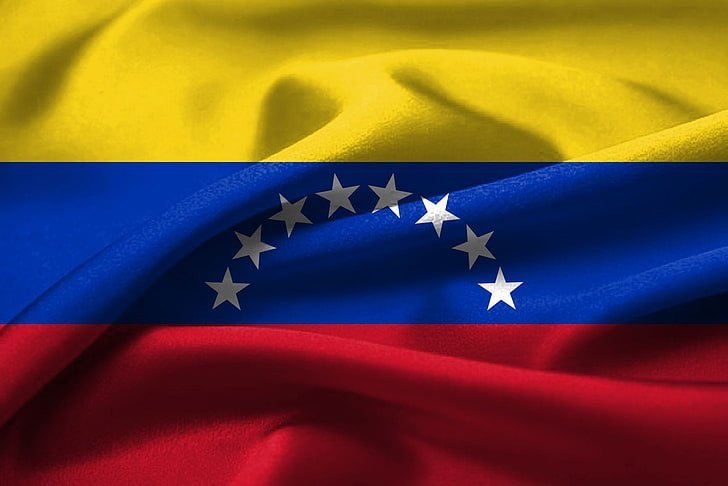Venezuela Bets on De-Dollarization After Foreign Currency and Crypto Tax Is Applied – Venezuela’s government is now concentrating its efforts on establishing the bolivar as the country’s preferred currency for purchases.
Several experts believe that this is a risky investment in a country that has just emerged from hyperinflation and is still experiencing high inflation. However, the implementation of a 3% tax on foreign currency and cryptocurrency expenses is having some effects in this area.
After de facto dollarization, which the country’s president referred to as a “escape valve” from the five-year-old economic crisis, Venezuela is now attempting to establish its fiat currency, the bolivar, as a viable payment option. The IGTF, a new tax that attempts to tax transactions and payments conducted in dollars, foreign money, and crypto at 3% in some cases, appears to be aimed at attaining this goal.
Also Read: Square Enix Closes $300 Million Sale of Western Studios to Bankroll Blockchain Pivot
However, considering that Venezuela has recently emerged from a period of hyperinflation that was accompanied by a depreciation of its fiat currency, which had to be redenominated twice, it may not be the right moment to make such changes.
Asdrubal Oliveros, a national economist who runs the consulting business Ecoanalitica, stated:
“It’s a risky bet with lousy timing because the recovery is still sluggish and the economy is still suffering from chronic inflation, not hyperinflation. The cost of restoring currency credibility from one day to the next is extremely significant.”
However, the policy appears to be having an impact on Venezuelans’ spending habits. According to data provided by the bank supervision, the use of the national fiat currency increased after the tax was introduced and implemented. According to the figures, digital transactions in local currency climbed by 21%, while debit payments increased by 22%.
Also Read: Central Bank of Argentina Bans Private Banks From Offering Cryptocurrency Services
Since 2021, when 70 percent of sales were done in dollars or Colombian pesos, the use of the bolivar has progressively increased. According to Ecoanalitica surveys, the bolivar and other payment methods have surpassed the dollar, which currently accounts for only 44.7 percent of all commercial transactions in the country.
This is partly owing to the country’s central bank intervening to support the fiat currency, which has stabilized against the dollar this year




